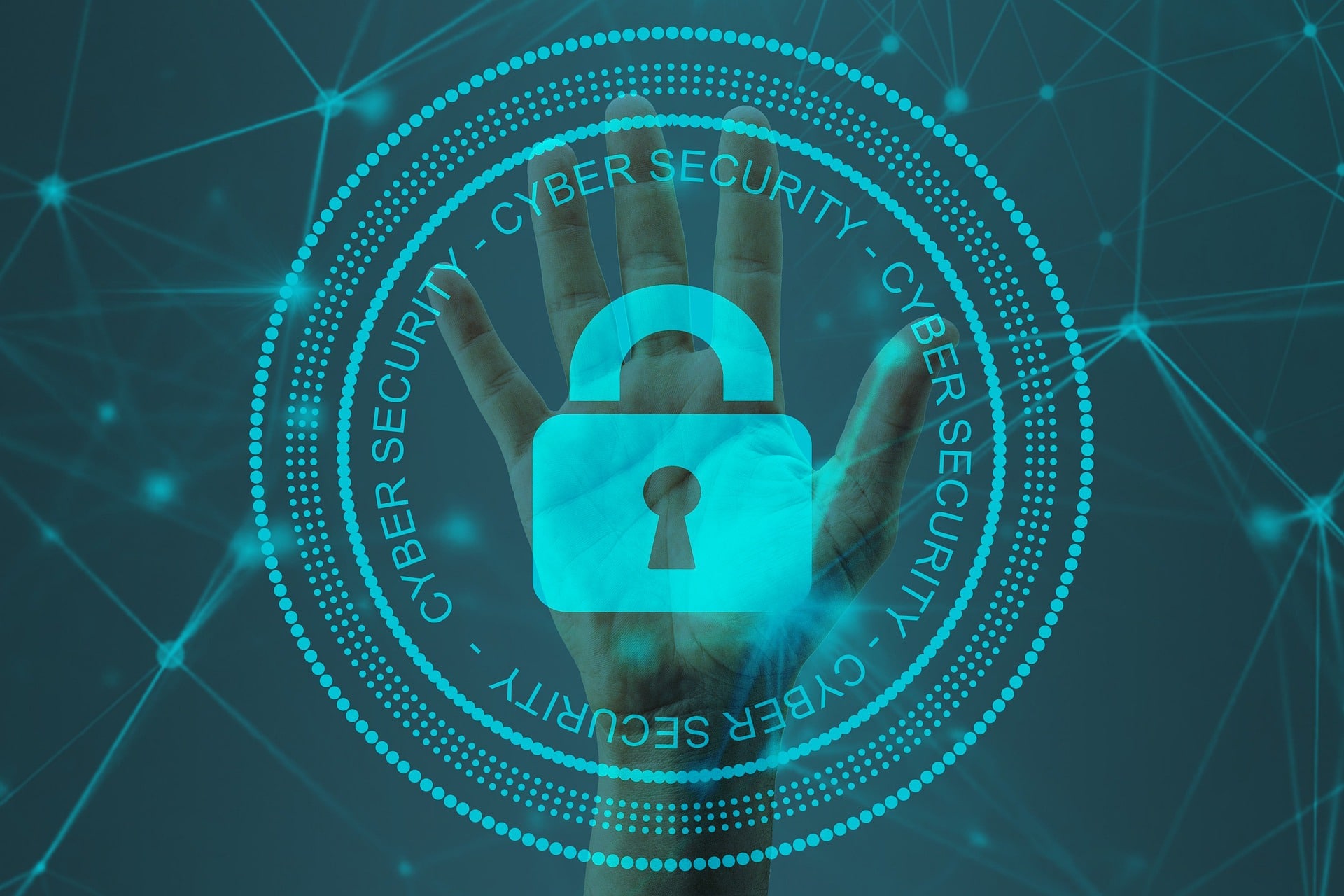
Gartner suggests that the global Security and Risk Management Spending will reach $150 billion in 2021. In the Gartner CIO Agenda Survey, cybersecurity was the top priority for the new spending.
This may suggest that businesses are finally beginning to take cybersecurity issues seriously. But why?
Why are businesses investing in cybersecurity?
There are multiple reasons why companies are ramping up their cybersecurity budgets.
Cyberattacks are on the rise
This is probably the key reason for which businesses are investing on average 6-14% of their budgets in cybersecurity.
As per Cisco, DDoS attacks may almost double in 2023 as compared to 2018. Moreover, supply chain attacks grew by 42% in the opening quarter of 2021. There are countless other stats that lay the foundation of the fact that cyberattacks continue to pose a major threat.
Therefore, firms, especially small businesses, should definitely consider funding their cybersecurity efforts more generously.
Increase in data volume
As internet usage is increasing, users and businesses alike begin accumulating truly enormous amounts of data. Consequently, this attracts swarms of hackers willing to get a piece of it and exploit it for shady purposes.
As the number of cyberattacks is increasing, your online stored data can get hacked more easily. The solution to this is to make use of offline storage solutions and constantly make backups of any important files.
The increase of online user data is one of the core reasons to focus on cybersecurity.
Regulatory and non-compliance issues
If your business is collecting and storing user data, it is your responsibility to protect that data from unauthorized access. If this is not done, it can lead to heavy penalties, add-on tax compliance, audits, and more.
Once your business is tagged as non-compliant, you can lose reputation along with the interest of your investors. An excellent example of this is the Cambridge Analytica Scandal. Facebook ended up paying a billion-dollar fine to the Federal Trade Commission.
The core crux of this is that abiding by the regulatory and compliance rules should always be one of the top priorities for a company.
Bad cybersecurity habits
Keeping all the above aspects aside, one critical aspect is that businesses may not have full control of the bad habits of their users.
Weak passwords and a lack of cybersecurity knowledge are several factors that can make a business especially vulnerable. Imagine your employees working from home on their personal device that does not have any security software. Your corporate data will be at stake.
To ensure that something like this does not happen, companies should consider doing the following:
- Introduce employees to the best practices for setting strong passwords. Strong passwords serve as your first line of defense. They can be stored in a password manager to add an extra layer of security and ensure ease of use: options tailored specifically to business needs are widely available.
- Furthermore, installing antivirus and VPN software is advisable.
Cyber Threats that businesses are trying to avoid
Cyberthreats that almost every small or big business should be mindful of are:
Distributed Denial of Service (DDoS)
DDoS attacks are pretty common as they aim to crash a server and take it out of service. For example, your server can handle 100 requests at a time. The hacker mimics 200 users and simultaneously sends 200 requests to it. The server then exceeds its maximum capacity and crashes, rendering it useless to the users.
It goes without saying that this will directly impact user experience.
Ransomware
Ransomware is a kind of a direct attack on a company’s data. You never know when it will happen, and when it does, it can put many things at stake: You will be required to pay a ransom for your data and even after paying it, there is no guarantee that you will get the data back.
The only way to prepare for it is to do it in advance. Keep external backups of your most important data.
Inside attacks
These attacks are pretty likely if an employee is leaving the firm on bad terms. It is crucial for you to monitor their activities during the notice period. To ensure that they do not pollute or destroy any crucial, official information, consider revoking their access. It is better to share only the required information with them.
Final Words
Cybersecurity is a complex problem and not merely an issue of the IT department. It involves wide aspects of business, including legal, human resources, and more. There can be many small things that can become major risks for your company, like weak passwords or faulty security software that has bugs. As a result, choosing the correct cybersecurity approach is crucial for your business.

